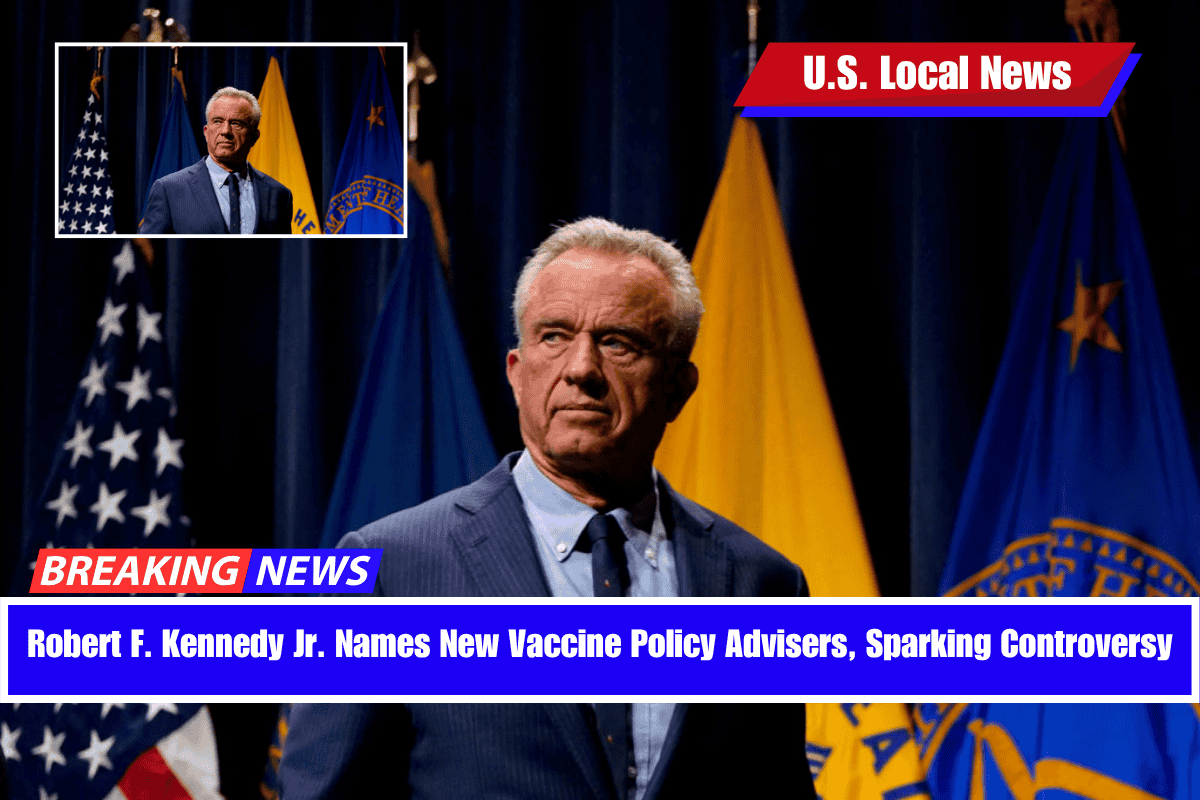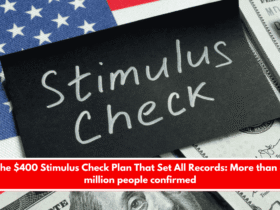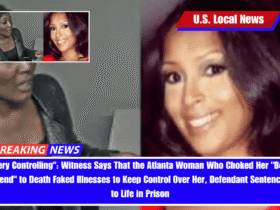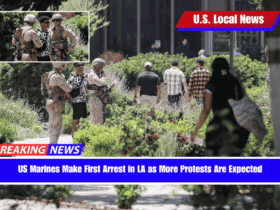U.S. Health Secretary Robert F. Kennedy Jr. announced the appointment of eight new members to the Advisory Committee on Immunization Practices (ACIP) on Wednesday, replacing the previous 17-member panel that he dismissed earlier this week.
The new appointees include individuals with controversial views on vaccines, including a scientist who criticized COVID-19 vaccines, a well-known critic of pandemic lockdowns, and a professor of operations management.
This move has sparked significant backlash from doctors’ groups and public health organizations, who express concerns about the panel’s alignment with Kennedy’s stance on vaccine policy.
The Controversy Behind Kennedy’s Decision
Kennedy’s decision to “retire” the previous ACIP members was widely criticized by medical professionals and public health advocates who worry that the new appointees might align with Kennedy’s desire to reassess—and potentially reverse—long-standing vaccination recommendations.
ACIP, created in 1964, provides critical advice on vaccine usage and plays a key role in shaping vaccination programs across the U.S. Its recommendations are generally followed by the Centers for Disease Control and Prevention (CDC), influencing the vaccination schedules and public health strategies across the country.
Kennedy defended his decision, claiming that the new appointees are “credentialed scientists” and not “anti-vaxxers.” He reassured the public that his goal was not to weaken vaccination efforts, but rather to create a more balanced and thorough review of vaccine policies.
New Appointees and Their Controversial Backgrounds
Among the eight newly appointed members are several individuals whose previous statements and actions have raised concerns:
- Dr. Robert Malone, a former mRNA researcher, is perhaps the most prominent of the new appointees. Malone gained attention for his outspoken criticisms of COVID-19 vaccines, spreading conspiracy theories about their safety and efficacy. He has claimed that the vaccines cause a form of AIDS and even suggested that millions of Americans were “hypnotized” into taking the vaccine.
- Vicky Pebsworth, a regional director for the National Association of Catholic Nurses, has been associated with the National Vaccine Information Center, a group often criticized for promoting vaccine misinformation.
- Dr. Martin Kulldorff, a biostatistician and epidemiologist, was one of the co-authors of the controversial Great Barrington Declaration, which argued that pandemic lockdowns caused more harm than good. Kulldorff has been a leading critic of public health measures during the pandemic.
- Dr. Cody Meissner, a pediatric infectious disease expert, has a long history of involvement in vaccine policy and previously served on ACIP. He is one of the few new appointees with extensive experience in vaccine policy and scientific expertise.
- Dr. James Hibbeln, a nutrition neuroscientist, and Retsef Levi, an operations management professor, also joined the panel, adding more diversity in expertise but with limited direct involvement in vaccine policy.
Other appointees include Dr. James Pagano, an emergency physician, and Dr. Michael Ross, an obstetrician and gynecologist.
The Concerns of Public Health Groups
Public health organizations have voiced strong objections to the new appointments, fearing that the changes to ACIP could weaken vaccine recommendations and undermine efforts to protect public health.
Doctors’ groups are particularly concerned about the inclusion of individuals who have a history of promoting misinformation or undermining public trust in vaccines.
Health experts like Jason Schwartz, a health policy researcher at Yale University, have pointed out the potential danger of excluding well-respected experts who have worked with vaccine manufacturers.
While Kennedy has criticized these relationships, Schwartz and others argue that such collaboration is essential for understanding and improving vaccine safety and efficacy.
Kennedy’s Shift on Vaccine Policy
Kennedy’s appointment to Health Secretary in February was met with skepticism, particularly given his long-standing position as a leading voice in the anti-vaccine movement.
While he initially promised not to change the existing vaccine schedule, he quickly backtracked, vowing to investigate childhood vaccines that protect against diseases like measles and polio.
Since then, he has made several decisions that directly oppose the guidance of ACIP, including overruling recommendations for expanded COVID-19 vaccination and the introduction of new combination shots for meningococcal bacteria and RSV.
In late May, Kennedy announced that the U.S. government would change its recommendation for COVID-19 vaccinations for children and pregnant women, despite ACIP’s approval. The latest move to replace the entire ACIP panel with new members is seen as part of his ongoing push to reshape U.S. vaccine policy.
Future Implications
Kennedy’s actions have sparked a fierce debate over vaccine policy and the role of government in public health. The changes to ACIP come at a critical moment, as the U.S. continues to navigate the aftermath of the COVID-19 pandemic and other vaccine-preventable diseases like measles.
While Kennedy has promised to bring in “great people” to the panel, critics argue that his new appointments risk undermining trust in vaccines and could have lasting repercussions for public health.
The new ACIP appointments could have significant implications for vaccine policy, particularly if Kennedy and his appointees push for changes that contradict decades of scientific consensus. As the U.S. faces ongoing challenges related to vaccine hesitancy and misinformation, the future of vaccine policy in the U.S. may be at a crossroads.











Leave a Reply